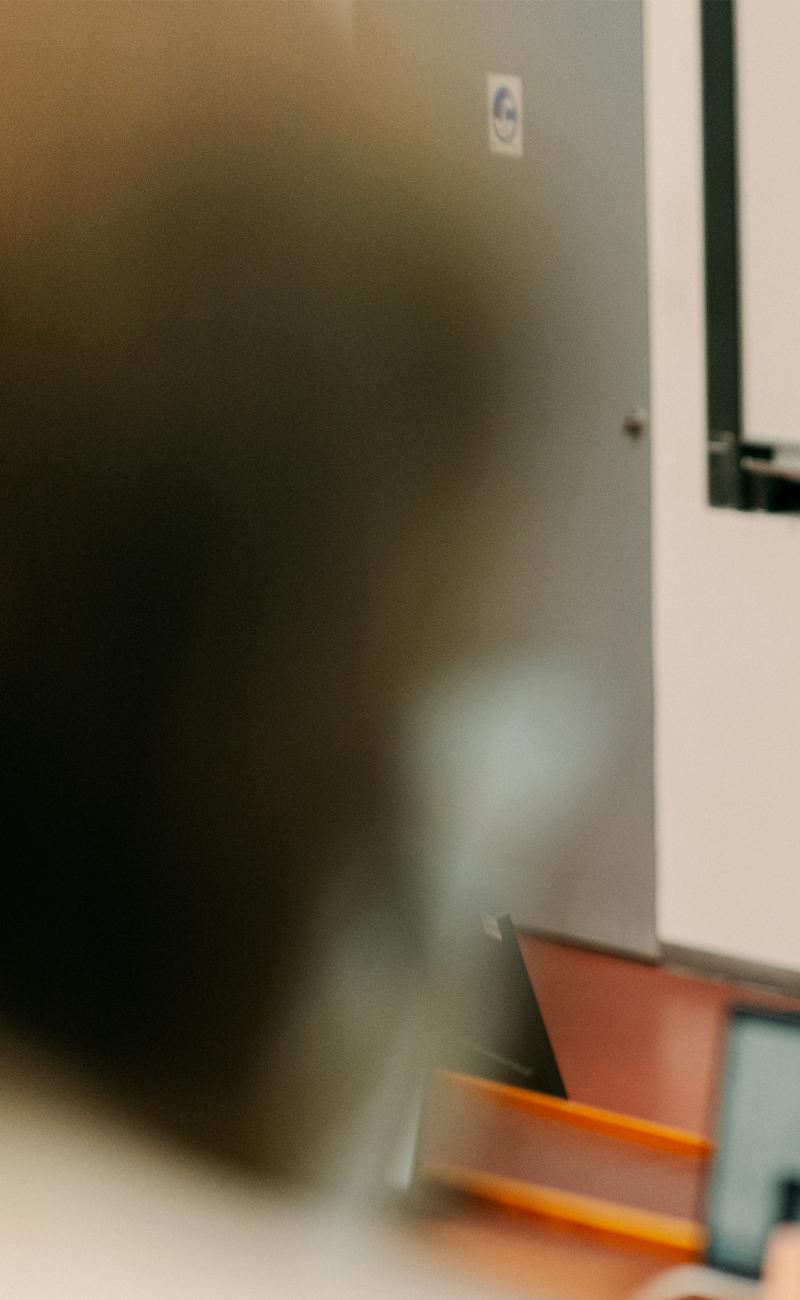
Study programmes
At CBS, you can choose between 15 bachelor programmes and more than 30 master programmes, all with their own specialisation. Our programmes are based on a strong and internationally renowned research base and you will find programmes combining business studies with politics, sociology, IT, communication, and more.
Bachelor programmes
At CBS, you can choose between 15 different bachelor programmes, all with their own specialisation. Our programmes are based on a strong and internationally renowned research base and you will find programmes combining business studies with politics, sociology, IT, communication, and more.
Master programmes
At CBS, you can choose between more than 30 different master programmes, all with their own specialisation. Our programmes are based on a strong and internationally renowned research base and here, you will find a number of programmes combining business studies with politics, sociology, entrepreneurship, IT, communication, and more.
CBS Summer University
Join CBS Summer University, one of Europe’s largest and oldest summer programmes, and experience exciting courses taught by brilliant faculty as well as the amazing spirit of wonderful Copenhagen. Be inspired by the international environment with participants from over 50 countries.

All about student life at CBS
Get a glimpse of student life at CBS. Here, you can explore what a typical day of teaching and exams looks like. You can learn how our programmes are structured and read about social life on campus, including the many ways to connect with fellow students.

Close to society
What does research-based education mean for you?
When you study at a university, you become part of a research environment. As early as your first semester, you will be taught by researchers who work to produce new knowledge in their field. They provide insights into the latest findings while also training you to be curious and think critically. This gives you new perspectives on what you learn and the opportunity to work with topics that no other students have worked with before.
Trained to find solutions
In class, you will be asked to discuss theories with both your lecturers and fellow students. You will need to approach things critically and be investigative. You can do this by being curious and asking questions or by exploring new angles on the topics you discuss. When you write an assignment or a project, you will also learn how to work with a scientific approach. This involves considering which theory and analysis that is most suitable to solve a given problem.
You will practise asking questions like: ‘why should I use this method?’ or ‘what are the pros and cons of other methods?’ This is the mindset you will need as a graduate, when you enter society and contribute to finding solutions to some of the global challenges our society faces.
Bridging the gap between theory and practice
At CBS you will be taught by researchers who are experts and up to date with the latest knowledge. You will also be taught by external lecturers. The external lecturers work in the private business sector or public organisations and will present you with real-life cases and problems. In their teaching they explain how to apply theories and models in their daily work, making it easier for you to understand how your curriculum is relevant and applicable in the real world.
Additionally, you can draw on your own experiences to understand how to apply theories from your studies to solve tasks in a workplace or approach complex issues from various angles. Your experiences can come from various sources, such as volunteer work, part-time jobs, or internships.
Strog ties between companies and education
The connection between university and the business world is also visible on campus. CBS has approximately 40 Career Partners, which are companies aiming to attract and employ graduates from CBS. As a result, they participate in Career Fairs on campus, where you, as a student, can discuss job opportunities or internships while you are still studying or after you have graduated.
All programmes have an Advisory Board. This is a council where the academic leaders of the programme meet with representatives from the industries related to your study programmes. This ensures that the study programmes align their curriculum with relevant knowledge and topics of the businesses.